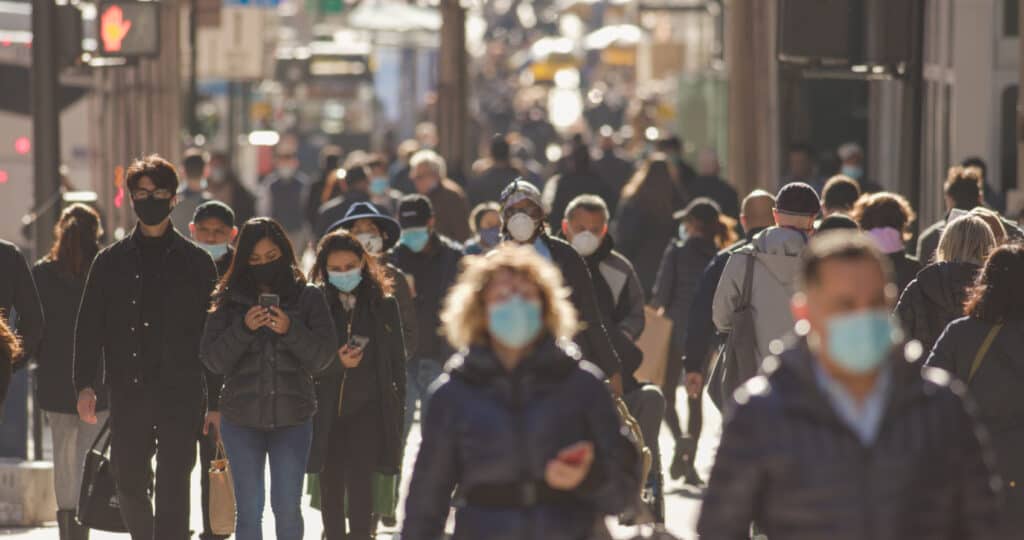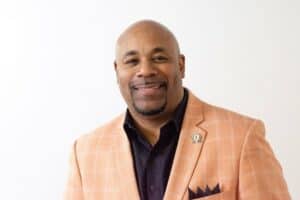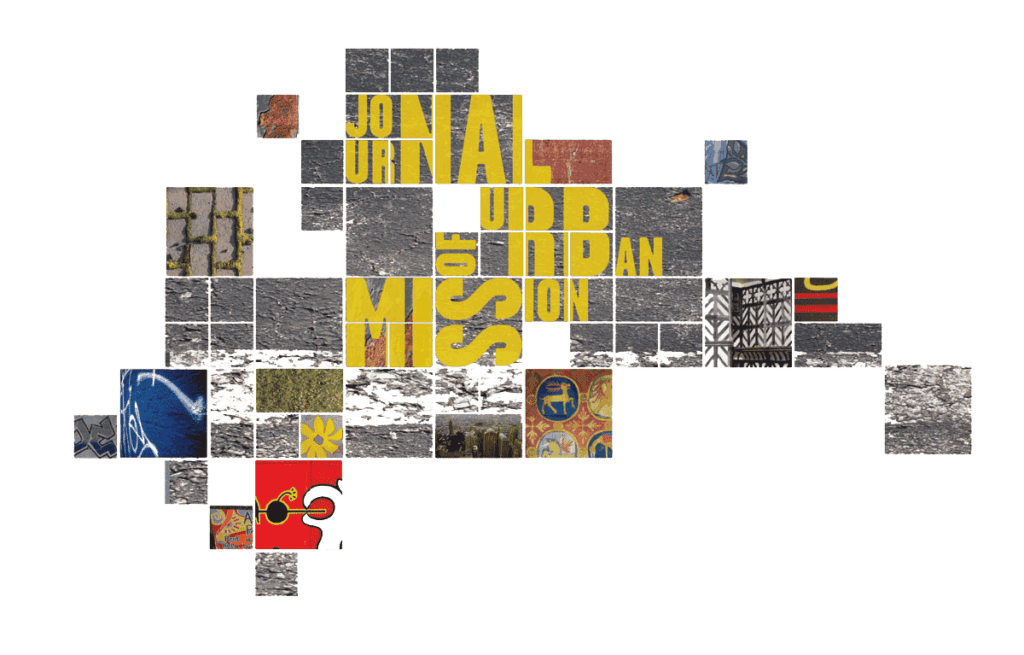Presentation Given at December 1, 2021 Colloquium
Part of Educating Urban Ministers in Philadelphia After 2020 project
Presentation Question: What deeper crises in the Church have the events of 2020 surfaced, especially in terms of poverty, economic inequalities, health, and loss, and how do these impact the church’s ministry approach?
It’s been said, when Whites catch a cold, Black’s get pneumonia, but what happens when America catches a virus? Health Affairs reports,
The COVID-19 pandemic in the US has disproportionately affected people with low socioeconomic status, as well as Black, Indigenous, and Latino people, all of whom have experienced higher rates of cases, hospitalizations, and deaths. In addition, the CDC concluded ‘The COVID-19 pandemic has brought social and racial injustice and inequity to the forefront of public health. It has highlighted that health equity is still not a reality as COVID-19 has unequally affected many racial and ethnic minority groups, putting them more at risk of getting sick and dying from COVID-19.’1
Therefore, in spite of us experiencing a two-term Black president of the United States, believe it or not, we still have not arrived at a post-racist society which embodies health equity. “Health equity is achieved when everyone has a fair and just opportunity to attain their highest level of health.”2
So, the facts are clear that Black and Brown and low-income communities were disproportionately affected by the virus. The question we must wrestle with first is the reason “why?” There are several reasons “why” and let’s start with poverty. Poverty is not just a lack of money it’s a lack of opportunity, a lack of hope, a lack of capacity to reach one’s full potential as a human being. Poverty is the lack of health insurance which means a lack of access and a lack of treatment. Poverty is reflected in the dense living conditions of overcrowded homes and communities which makes this demographic more susceptible to contracting and spreading diseases. Poverty is what has the low-income employees making up close to 50% of the essential workers population. When many people thought of the essential workers needed during this pandemic they thought of the doctors, the scientists, the health officials, and even governmental officials to regulate it all. However, the reality is that half of the people that were putting their lives and their families’ lives on the line on a daily basis were serving as cashiers, custodians and personal care aides, to name a few, and to add insult to injury these types of employees many times were just making minimum wages.
We also discovered the role that trust has played in the pandemic, or should I say the lack thereof. Many people of color do not naturally trust the medical profession or the CDC. Horrific historic treatment and the inhumane testing done to people of color have rightfully caused them to question the validity of any new vaccine. The legacy of these discriminatory practices have caused a tremendous amount of stress and strife within homes.
Another component that has not helped build trust concerning the virus and vaccination was our former president, Donald Trump. He downplayed at times and even dismissed the validity of the virus while dividing the country into a pro-vax vs. pro-freedom movement. The people in the country at large were then forced to decide: do they trust science, politics, medical professions, news outlets, the left side of the church, the right side of the church or the cultural community from which they belong?
The results of this pandemic contradictory confusion has led to a range of responses from “I will be first to get it to save my life” to “I am willing to lose my job before I ever comply with this unconstitutional mandate.” Although 2020 contained an overwhelming number of pandemic headlines it could be argued that the racial unrest experienced in the U.S. was just as polarizing of an issue, if not more so. Breonna Taylor was killed in her home, Ahmaud Arbery was killed while jogging and George Floyd was on camera begging for his life in front of the whole world as a Minneapolis police officer played judge, jury and executioner. When Floyd lost his life, the Black community lost its patience with the lack of value placed on Black lives. These high-profile cases unearthed a pain and anger that was already broiling beneath America’s surface, and we saw this outrage displayed in countless protests and riots throughout our inner cities. We also witnessed record voting numbers in the presidential election reflecting our divided nation.
But let’s look at Philadelphia, the poorest big city in America with two thirds of its poor being Black or Latino.3 Philadelphia, the home of the unemployed and the underemployed. Philadelphia, with the underfunded schools and overstressed parents. Philadelphia, plagued by food deserts, maternity care deserts and pharmacy deserts. Philadelphia, with communities known characteristically by their drug use and drug sales. Philadelphia, where the violence and homicide rates are at record numbers. Yes, Philadelphia, where God’s Church has been planted and called to be people of Issachar who understand the times and know what we ought to do about it.
Well, the first move the church has had to understand and reluctantly embrace is the lack of people showing up in the buildings for worship service. How does one communicate the gospel and disciple people if they cannot meet in person? I believe technology and social media, which has often been rejected by the church, not only must be accepted but embraced as a missional vehicle to reach the world. But we cannot be satisfied with just giving the world a broadcast of what is happening in the building; we have to actually discern how to enter into their world, not just let them peek into ours. We have to get beyond Facebook and into Facetime (or whatever y’all call it with Androids). The point is that ministry can start on social media, but discipleship calls for relationship, so it has to go beyond the one-way communication of the church talking.
If we are listening to the pains of the people, we know that before there was a stimulus check attempting to bring some level of relief, there was a lack of food and sanitation resources in many of the homes of those in our communities. The call to serve the least of these has moved to the forefront in most of these Black and Brown communities. The church which once was a respected pillar in the community was given an opportunity to rebrand itself once again as a lighthouse. Food pantries within food deserts and essential resources in struggling homes became welcome mats for the church. The countless opportunities to be hospitable and loving have surfaced to allow the church to be the gift of mercy and grace she was called to be. We have been given a chance to allow the community to see a sermon before they get to hear one.
We saw schools closed, and the expectation was for everyone to go virtual yet there were many homes without internet access and computers to comply with this new format. The church had empty buildings and new technology to broadcast their messages online which organically gave them an opportunity to be internet hub spots so that children in the community could go online to complete their assignments. This could have been the start of a children’s café movement. With the rise in violence seen in the record number of children being killed and the lack of safe spaces in many of our communities, there was an opportunity to make our church buildings accessible and empowering for the youth in the community. Churches could have been retrofitted to become hubs of academic excellence therefore blessing children and families in the process. The presence of stuffed animal memorials and marches are fine, but a tangible alternative is what our young people need for survival.
Speaking of survival, as of today we are at 472 homicides in the city of Brotherly Love. That means almost 1,000 plus homes have been affected, and this is just based on the one being murdered and the ones committing the murders. However, we must consider the parents and the children of the deceased and the perpetrators. In addition, there are the friends and relatives who have all been devastated by the tragic events that they have experienced. Once again, we can march about the crime, complain about the crime, or enter into this tragic narrative to bring change and to bring hope to the hurting. We could open our church buildings and offer to do funerals for these victims. We can preach a message of peace and hope because we know many murders are fueled by revenge and retaliation. Consider this, what if we could capture a heart before it multiplied its own hurt onto the world? The church could also create a grief ministry for those who are struggling with losing family members far too soon and open it up to the public. To have a church in an urban community and not have a grief ministry in these tragic days and times is almost irresponsible. There are too many people hurting and walking the streets of our community in need of emotional healing and spiritual uplift. What better place to come and receive the care they need than the place where the banner says, “Come to me all who are weary and burden laden and I will give you rest” (Matthew 11:28)?
However, because we are not doing a great job in connecting with these hurting people in our communities, they are looking for alternative sources to deal with their pain. Drug sales– legal and illegal– and alcohol sales have also seen dramatic increase over the last year. People are intentionally intoxicating themselves to attempt to numb the daily pain of being alive. People are wearing masks while attempting to mask their own pain and discouragement. Most are not even able to articulate why they feel so discouraged, but when you are forced to question the validity of every known entity in your world it can be devastating. But even with all that is happening there is still an opportunity we have to remind people that Jesus is the same yesterday today and forever. In spite of the science, politics, medical professions, news outlets, the left and the right side of the church, we know that Jesus loves them and died for them and yearns to have a relationship with them. If we could just be the living epistles that the lost get to read, the ones called to be his arms reaching out to embrace and love and guide our communities into a different trajectory than what the world has dealt them?
Although I have shared some practical ways that we may be able to connect and serve our communities, I want to be clear about one thing — to reach this world, and specifically this city in which we are living, we will need to center ourselves not just in John 3:16 but also in John 3:17, “For God did not send His Son into the world to condemn the world but to save the world through Him” — the world, where gender is no longer based on creation; the world, where hate and division are not just tolerated but celebrated; the world, where life is so expendable that it’s unthinkable; the world that does not recognize The God as their God; the world where everyone does that which is right in his own eyes. So how do we see those of this world not as enemies, but as people harassed and helpless, like sheep without a shepherd?
Well, I believe we need to strengthen our biblical apologetic while living out a loving hermeneutic. This does not mean that we have to compromise on the Word of God regarding sin, but we do have to remember that Jesus died to save sinners of which I am the chief. We have to allow the Holy Spirit to do His job of conviction and regeneration in one’s life and love them through the process. We cannot pick and choose which sins we will tolerate while we despise those who participate in the sins we have not done or do not participate in. There is no family that is not touched by homosexuality, and we have not been called to offend and ostracize them; we have been called to evangelize and disciple them. There is no family that has not been touched by criminal activity. We cannot allow released prisoners to go from being locked up to being locked out of society. We must have a process prepared to help rehabilitate our own. There is no family that has not been touched by mental illness, depression and suicidal thoughts, and in our ignorance, we cannot discard them as crazy; we must partner with resources and advertise their availability before tragedy takes place?
See, Christianity cannot be an Ism–Nationalism, Communism, or Sexism–we must not idolize a party, a practice, or the male gender. We must stop attempting to remake Jesus into our image when we have been created and called to reflect His. We do not own Christianity; we are the ones who have been purchased. And Jesus did not go to the cross just so we can go to the church; He called us to be the church, a Luke 4 church preaching good news to the poor, healing the brokenhearted, delivering the captives, and recovery of sight to the blind, setting the oppressors free and proclaiming the year of the Lord’s favor.
Yes, the Great Commission and yes, the Great Commandment but also the Great Compassion where we see you hungry and feed you where we see you thirsty and give you something to drink, where we invite the stranger in knowing whatever we do for the least of these we are doing it for Jesus.
Finally, we must acknowledge that systemic oppression leads to cultural depression, a weight you wake up with that you cannot articulate, but cannot deny its heaviness. And the moment we are in does not change the mission we are on; it just intensified the urgency.
And I pray that our church scorecards can be more concerned with our sending capacity than our seating capacity, with the changes we have directed not just the change we have collected, and with the lives we have partnered with the Lord to save, not just spiritually, but also physically. mentally, emotionally and holistically.
This means at the seminary level we have to train our men and women to have a vision for God’s Kingdom and not just the churches they serve. They need to lead with a vision, not just for Sunday service but one that envisions how their presence can be a difference maker Monday through Saturday as well. Teach these ministers that preaching to the world without loving on the world is just a resounding gong to their ears. They need to understand they cannot send their congregations home saying have peace, be warm and well fed and send them back into violent communities, homeless and jobless. Mourning with those who mourn means our hearts break for the things that are breaking theirs. Teach them to have prophetic voices like Moses directing the people and speaking to the power structures that are oppressing them and keeping them from being able to worship the Lord. Teach them to have hearts like Amos that can recognize systemic injustice and call it out for what it is and not allow the mission to be derailed by majority culture because they don’t understand or agree with it. And teach them to have courage like Mary that is willing to face anything including death to make Christ known to the world so that they might be saved through Him. Jesus wrapped Himself in flesh and came and dwelled among us and they, too, must be prepared to enter into the worlds of those they have been called to reach and stop simply inviting and waiting on them to enter into ours. The truth is if they don’t understand and adapt their methodology to minister to the next generation, they will be one generation away from extinction, so believing that our children are the future is not enough, only training them in true biblical discipleship will usher in a glimpse of God’s Kingdom on earth as it is in heaven.
Notes
1 National Center for Immunization and Respiratory Diseases, “Health Equity Considerations and Ethnic Minority Group,” April 19, 2021, https://stacks.cdc.gov/view/cdc/91049.
2 CDC Health Equity in Action, November 3, 2021.
3 Inga Saffron, “Philly Didn’t Become America’s Poorest Big City by Chance. Here’s How We Fix It,” The Philadelphia Inquirer, November 13, 2020, https://www.inquirer.com/business/philadelphia-poverty-unemployment-racism-education-upskilling-20201013.html.


